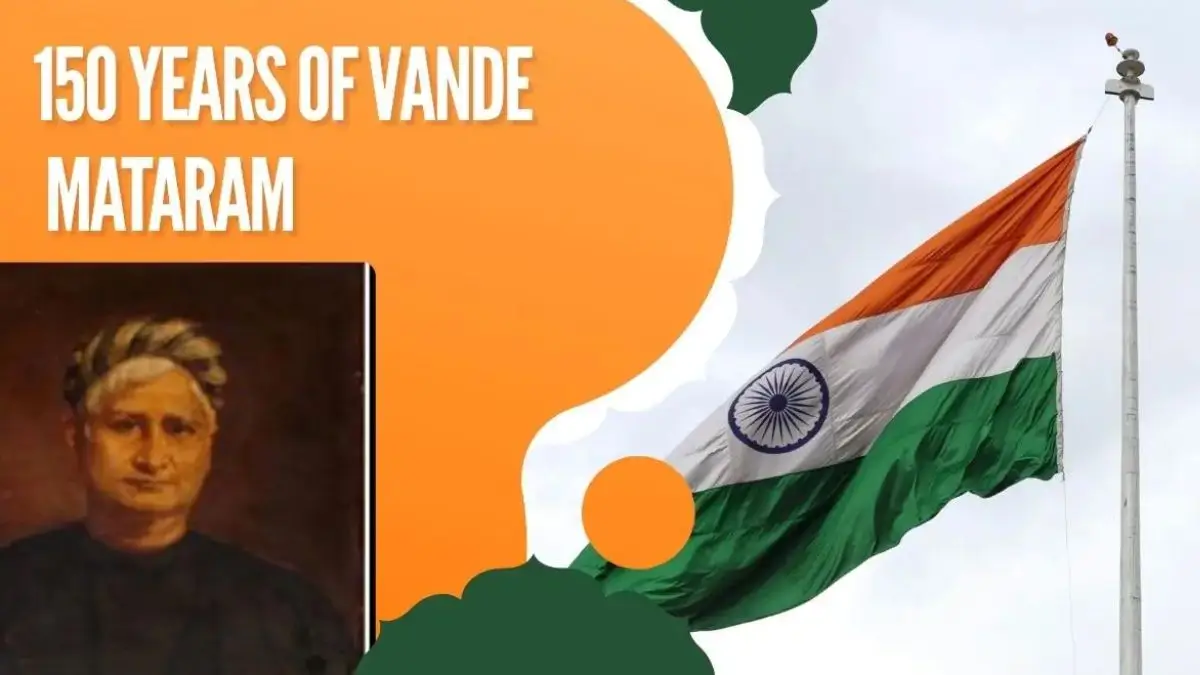India Hosts 46th UNESCO World Heritage Committee Session
Overview of the UNESCO World Heritage Committee Session
India has had the honor of hosting the 46th session of the UNESCO World Heritage Committee, marking a significant milestone in the country’s engagement with global heritage conservation. This event, held in New Delhi, gathered representatives from UNESCO member states to discuss the protection and preservation of cultural and natural heritage sites worldwide.
Significance of the Session for India
Hosting this prestigious event underscores India’s commitment to heritage conservation. It also provides a platform for showcasing India’s rich cultural heritage, including its 40 UNESCO World Heritage Sites. This session facilitates international collaboration and sharing of best practices in heritage management.
Key Discussions and Outcomes
The session focused on several critical issues, including the identification and protection of new World Heritage Sites, addressing threats to existing sites, and sustainable tourism practices. Additionally, there were deliberations on the impact of climate change on heritage sites and strategies for mitigating these effects.
Contributions and Proposals by India
India proposed several initiatives aimed at enhancing heritage site management. These included leveraging digital technologies for heritage conservation, promoting community participation in site management, and developing sustainable tourism models that benefit local communities while preserving cultural integrity.
Global Participation and Cultural Exchange
The session saw participation from over 190 member states, along with experts and heritage professionals. This gathering provided an excellent opportunity for cultural exchange and fostering international cooperation in heritage conservation. India’s diverse cultural performances and exhibitions during the event highlighted the country’s rich heritage.

Why This News is Important
Emphasis on Heritage Conservation
The hosting of the UNESCO World Heritage Committee session by India highlights the country’s proactive role in global heritage conservation. This event is crucial as it underscores the importance of preserving cultural and natural heritage sites, which are invaluable for their historical, aesthetic, and cultural significance.
Enhancement of India’s Global Image
By successfully organizing this session, India reinforces its position as a key player in the international community dedicated to heritage conservation. This elevates India’s global image and showcases its capability to host large-scale international events, thereby attracting more such opportunities in the future.
Promotion of Cultural Tourism
This event has the potential to boost cultural tourism in India. By bringing global attention to India’s heritage sites, it can lead to increased tourism, which in turn can generate revenue and provide economic benefits to local communities. This aligns with India’s broader tourism development goals.
Encouragement of Sustainable Practices
The discussions and outcomes of the session promote sustainable practices in heritage management. This is vital for ensuring that heritage sites are preserved for future generations while also benefiting current stakeholders. It encourages the adoption of eco-friendly and sustainable tourism practices.
Educational Impact
For students preparing for government exams, understanding India’s role in heritage conservation and its participation in international forums like UNESCO is crucial. It provides insights into India’s cultural diplomacy and its efforts in preserving cultural heritage, which are relevant topics in various competitive exams.
Historical Context
Background of UNESCO World Heritage Sites
UNESCO World Heritage Sites are landmarks or areas with legal protection by international conventions and are recognized for their cultural, historical, scientific, or other forms of significance. The World Heritage Committee meets annually to discuss the management of existing sites and the nomination of new ones.
India’s Involvement with UNESCO
India has been a member of the UNESCO World Heritage Committee since its inception and has played an active role in heritage conservation. The country is home to 40 UNESCO World Heritage Sites, including the Taj Mahal, Qutub Minar, and the Sundarbans National Park.
Previous Sessions and Milestones
India last hosted the UNESCO World Heritage Committee session in 2002. Since then, the country has made significant strides in heritage conservation, including digital documentation of heritage sites, community engagement in heritage management, and promoting sustainable tourism.
Key Takeaways from India Hosts 46th UNESCO World Heritage Committee Session
| Serial Number | Key Takeaway |
|---|---|
| 1 | India hosted the 46th UNESCO World Heritage Committee session, highlighting its commitment to heritage conservation. |
| 2 | The session focused on the protection of new and existing World Heritage Sites and sustainable tourism practices. |
| 3 | India proposed initiatives such as digital technologies for heritage conservation and community participation. |
| 4 | Over 190 member states participated, promoting cultural exchange and international cooperation. |
| 5 | The event emphasized the importance of preserving cultural and natural heritage sites for future generations. |
Important FAQs for Students from this News
What is the UNESCO World Heritage Committee?
The UNESCO World Heritage Committee is responsible for identifying, protecting, and preserving cultural and natural heritage sites around the world. It meets annually to discuss the management of existing World Heritage Sites and the nomination of new ones.
How many UNESCO World Heritage Sites are there in India?
As of now, India has 40 UNESCO World Heritage Sites, including famous landmarks like the Taj Mahal, Qutub Minar, and Sundarbans National Park.
Why is the 46th session of the UNESCO World Heritage Committee significant for India?
Hosting the 46th session underscores India’s commitment to heritage conservation and provides a platform to showcase its rich cultural heritage. It also highlights India’s role in international heritage conservation efforts.
What were the key issues discussed at the 46th UNESCO World Heritage Committee session?
Key issues included the identification and protection of new World Heritage Sites, addressing threats to existing sites, sustainable tourism practices, and the impact of climate change on heritage sites.
How can hosting such international events benefit India?
Hosting international events like the UNESCO World Heritage Committee session can enhance India’s global image, boost cultural tourism, promote sustainable practices, and provide economic benefits to local communities.
Some Important Current Affairs Links

















